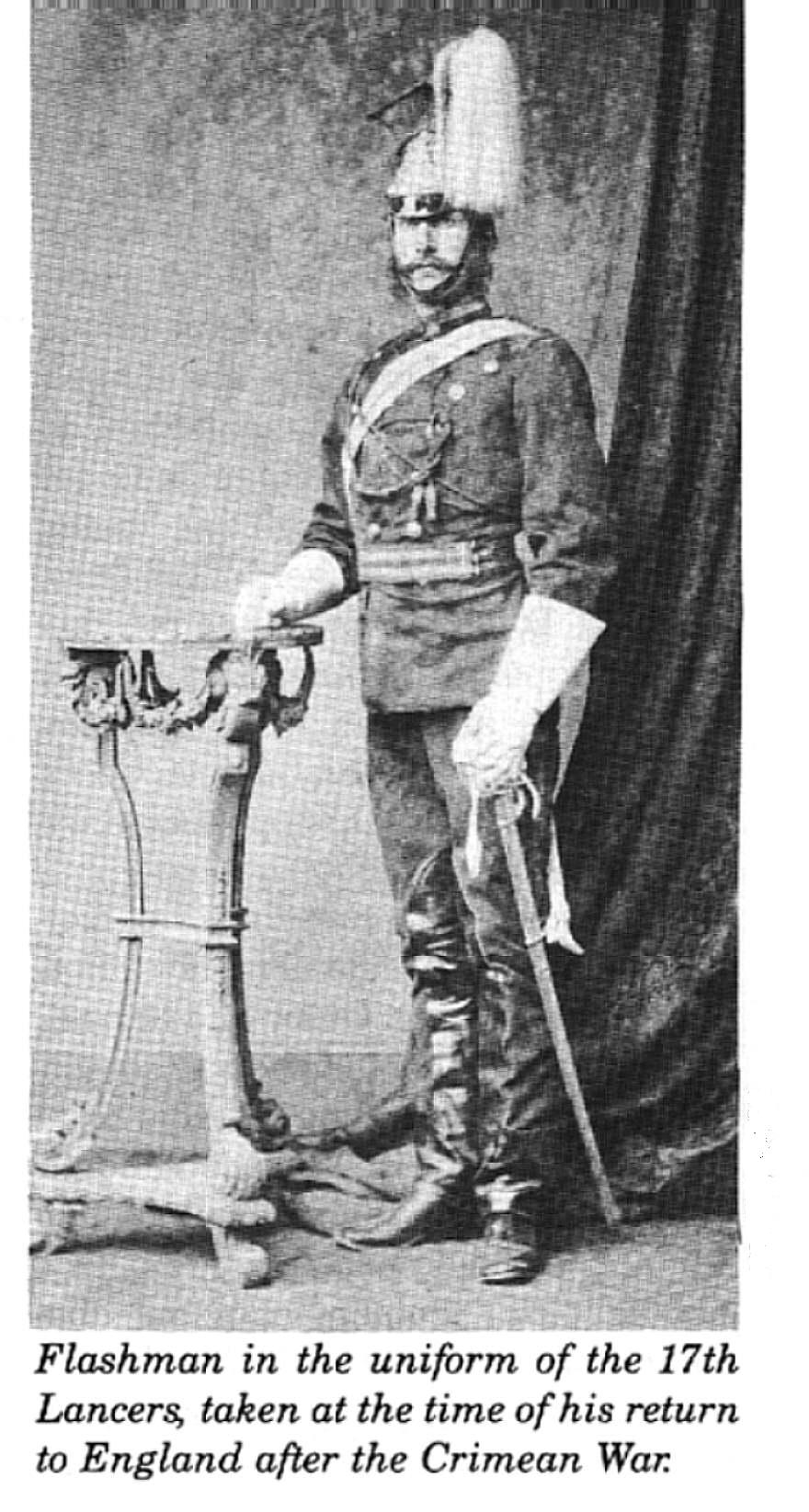George MacDonald Fraser, author of The Flashman Papers, and Master of my historical fiction Universe, died this week at 82. Reading Fraser’s twelve Flashman books is one of the great joys of possessing eyes. (And listening to David Case, also dead, read the Flashman books-on-tape is a decent benefit of having ears.)

The Flashman Papers are the “memoirs” of Sir Harry Paget Flashman, the ultimate Victorian coward and horn-dog. Flashy flees and humps his way from Jotunberg to Jallalabad, always emerging somehow with another medal on his broad chest. Harry meets historical figures along the way (Lords Cardigan, Raglan and Palmerston!), but you’ve never heard of most of them because you’re not George MacDonald Fraser. Sure, Fraser wasn’t the first writer to use this trick (Napoleon pops up in War and Peace, I’m told), but did anyone ever do it with such saucy gusto?
But the best thing about Fraser, other than his supreme gift for describing bosoms and body parts (“marriage mutton”), was the unsentimental clarity of his protagonist’s world view. Flashman seems to speak for Fraser, and their blunt observer’s take on the FUBAR carnage of the nineteenth century is darkly compelling.
Flashy’s clear-eyed synthesis of Imperial calamities are what makes Flashman in the Great Game (1857’s Sepoy Mutiny) and Flashman and the Dragon my two favorite in the series. In Dragon, Fraser gives a harrowing description of the British Army’s methodical, vase-by-vase destruction of the Chinese Summer Palace in 1860. Flashman sums up by saying:
That’s the great thing about policy, and why the world is such an infernal place: the man who makes the policy don’t have to carry it out, and the man who carries it out aint responsible for the policy.
A crazy hypothesis: isn’t Sir Harry Flashman a post-modern hero, of sorts? The notion of post-modernism (or as we call it today, “everything”) was probably anathema to Mr. Fraser. The man consumed real Victorian military histories like they were Skittles — not a lot of literary theory on his bookshelf. But, after all, Fraser did pluck Flashman from Tom Brown’s School Days and masterfully subvert the stock bully. Sneaking around in the background of history, like a non-boring Rosencrantz & Guildenstern Are Dead, Flashy delighted in poking holes in the myths of greatness. Kinda post-modern, right? (If I’d dared suggest this while Fraser were alive, he’d have me crammed into a lit Congreve rocket.)
You love Flashy because, no matter his faults, he is a truth-teller. And with George MacDonald Fraser gone, we’re one more honest man short.

